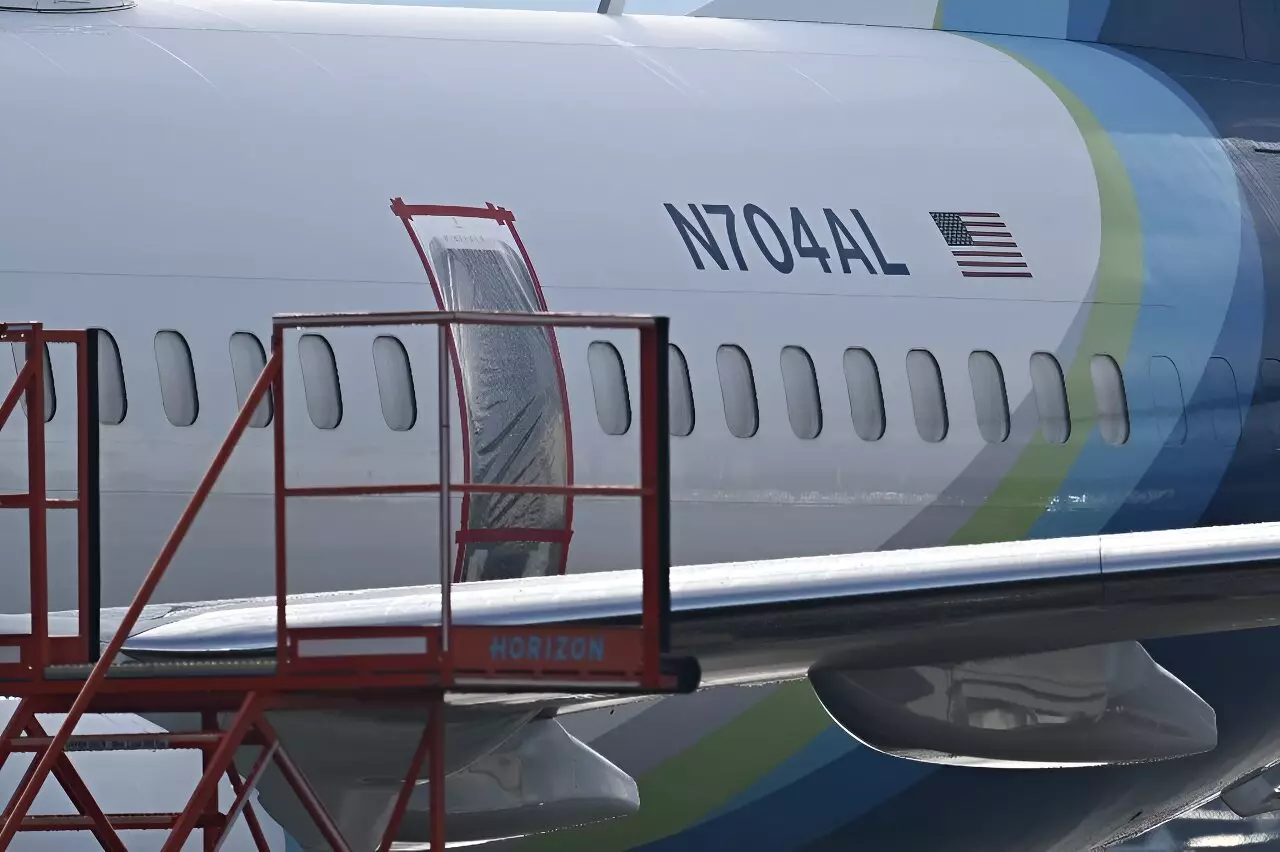In January, a Boeing 737 MAX operated by Alaska Airlines experienced a terrifying incident that required an emergency landing. The plane faced a catastrophic situation as a panel blew out shortly after takeoff, leaving passengers exposed to open air at an altitude of about 16,000 feet. An investigation was immediately launched by the National Transportation Safety Board (NTSB) to determine the facts, circumstances, and probable cause of this transportation accident. The NTSB aims to make recommendations to improve transportation safety based on the findings of the probe.
The Findings and Preliminary Report
Preliminary findings released in February revealed that four bolts securing the panel were missing. These bolts were removed by Boeing employees during an inspection at the Renton plant in Washington state before the delivery of the aircraft last October. The missing bolts led to the panel blowing out during the flight, putting the lives of passengers at risk. The NTSB collected written documents and photos to support these findings.
Over the course of two days in Washington, the NTSB will hear from approximately 15 witnesses involved in the incident. The witness list includes officials from Boeing, key supplier Spirit AeroSystems, the Federal Aviation Administration (FAA), and the machinists union. Notably, Elizabeth Lund, senior vice president for quality at Boeing, will provide testimony. Lund previously came under fire for sharing details about the incident with journalists, violating the NTSB’s rules regarding ongoing investigations. The NTSB sanctioned Boeing for sharing non-public investigative information and unsubstantiated speculations about the incident.
As a result of Boeing’s violation of regulations, the NTSB has blocked the company from reviewing information gathered in the investigation and from questioning other witnesses during the hearing. This strict response from the NTSB highlights the importance of following protocols and maintaining the integrity of the investigative process. NTSB Chair Jennifer Homendy also criticized Boeing for delaying the provision of key documentation and witnesses involved in the incident, further adding to the scrutiny faced by the company.
Boeing is currently under heavy scrutiny from regulators and lawmakers following the incident in January. Whistleblowers have come forward, alleging that the company punishes workers who raise safety concerns and engages in efforts to cover up problems. The hearing will shed light on the underlying issues within Boeing’s operations and highlight the importance of transparency and accountability in the aviation industry.
The investigation into the Boeing 737 MAX incident highlights the critical need for adherence to safety protocols, effective oversight, and transparency within the aviation industry. The findings and testimonies presented during the hearing will play a crucial role in improving transportation safety and holding accountable those responsible for ensuring the security of passengers and crew members. The NTSB’s response to Boeing’s violations underscores the importance of upholding regulations and maintaining the integrity of investigative processes for the sake of public safety.


Leave a Reply